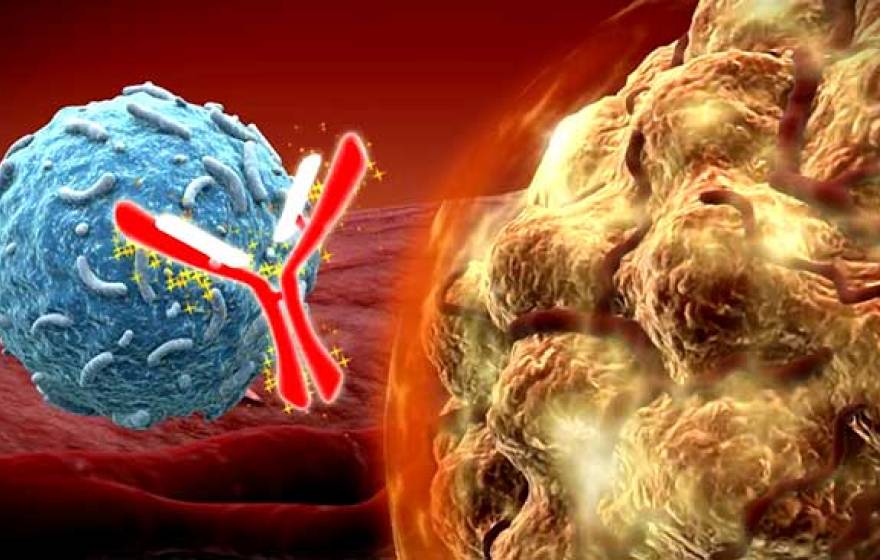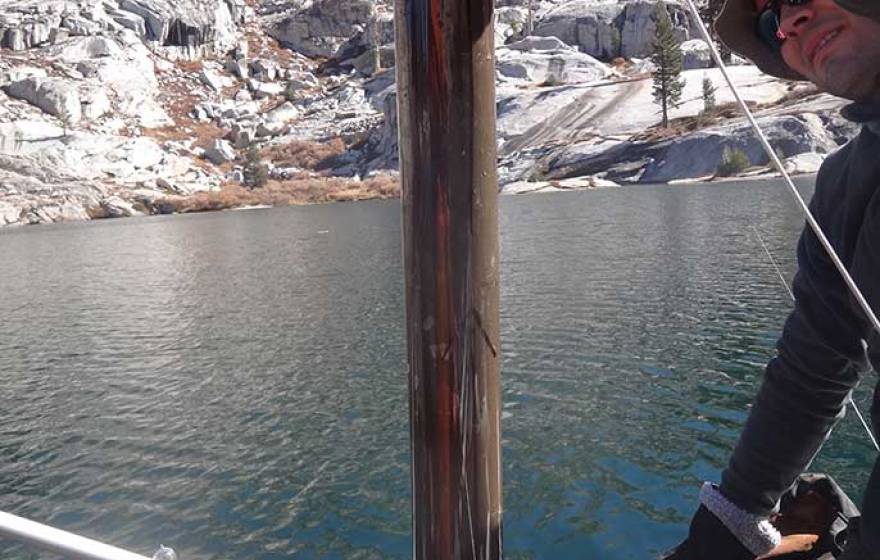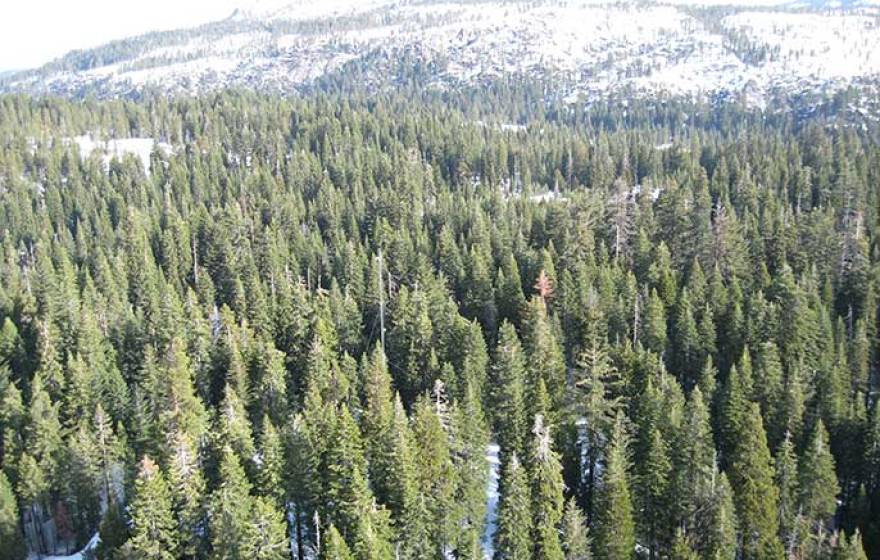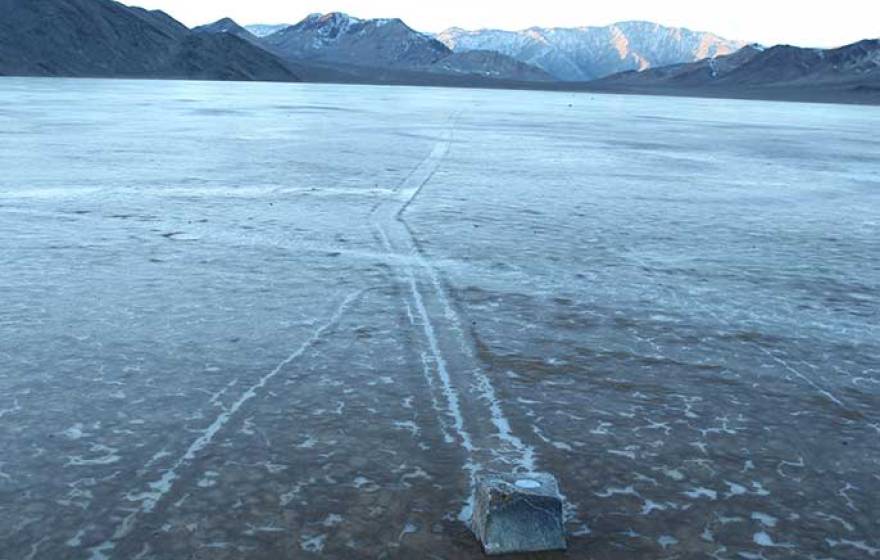UC Berkeley |
Biologists try to dig endangered pupfish out of its hole
Considered the world's rarest fish, the wild pupfish faces a 28 to 32 percent risk of extinction over the next 20 years. A UC Berkeley biologist is helping to rescue it from that fate.
UC Santa Cruz |
Study traces ecological collapse over 6,000 years of Egyptian history
Ancient Egyptian artworks help scientists reconstruct how animal communities changed as climate became drier and human populations grew.
UCLA |
FDA approves new melanoma drug
Drug that turns on the immune system to fight deadly cancers is a ‘game changer,’ says study’s principal investigator.
UC Berkeley |
Public officials support Berkeley's earthquake warning system
Public officials are urging California and the nation to put in place Berkeley Seismology Laboratory's Earthquake Early Warning System.
UC Davis |
State of the lake: high (tech) and dry at Tahoe
Drought, climate change and other natural and human factors are driving changes at Lake Tahoe.
UC Riverside |
Acidity on decline in Sierra Nevada lakes
Research team did long-term measurements of lake chemistry, studied sediment cores from the lakes.
UC Irvine |
Kids’ health suffers when parents go to jail
Study finds incarceration more detrimental than divorce or death of mother, father.
UC Irvine, UC Merced |
Warmer climate means greener mountains, less water for Californians
Sierra Nevada freshwater runoff could drop 26 percent by 2100, caused by increased plant growth at higher elevations.
UC Irvine |
A look at labor
Researchers' revelations on the work we do, and how we perform it.
UC Santa Barbara |
The universal face of anger
You know that look of fury. Researchers now believe it's part of our basic biology as humans.
Scripps Institution of Oceanography, UC San Diego |
Sailing stones of Death Valley seen in action for the first time
Thin sheets of ice push enormous rocks across the desert floor of Death Valley when conditions are just right, solving a decades-long mystery.
UCLA |
In sync and in control?
UCLA social scientists find that marching in unison makes men feel more formidable.







